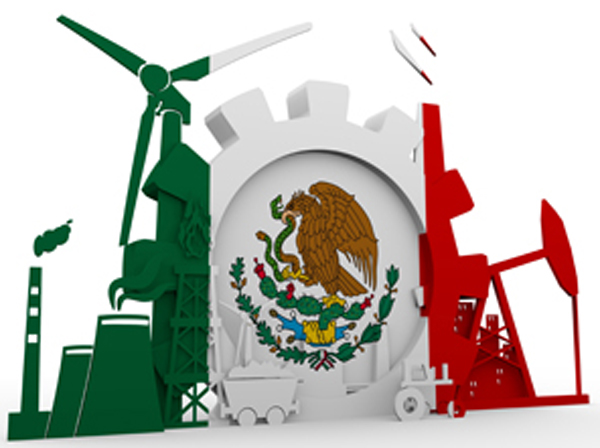
Sheky Espejo, Platts
MEXICO CITY
EnergiesNet.com 06 08 2022
Experts continued to be hopeful that a shift in Mexico’s energy policy will occur after the presidential elections of 2024 even if power remains in the hands of the ruling party, Morena, as suggested by the result of six state elections on June 5.
As economic conditions begin to normalize after the coronavirus pandemic, the upcoming administration will come to realize that the current policy based on the premise that the state-run companies can do it all by themselves is unsustainable, experts told S&P Global Commodity Insights.
Given the country’s commitments in terms of clean energy generation, the market is expecting a change in attitude towards private investments, said Joel Vazquez, head for Mexican power research at Wood Mackenzie.
Upon taking office in late 2018, President Andres Manuel Lopez Obrador shunned private investment in all sectors. He cancelled upstream rounds to explore and drill crude oil and gas. Lopez Obrador also scrapped the auctions the state utility used to buy electricity through long term contracts, and has limited the operation of fuel importers.
Vazquez doubts this will change in the last two years of the Lopez Obrador term, but believes the next president, whoever he or she is, will be more pragmatic and realize that private participation is not only good, but desirable.
Mexican law prohibits presidents from running for a second consecutive term.
Mexico will fail to meet its Paris Accord commitments to produce 35% of its energy through clean sources by 2024, according to a recently published report by Mexico’s Energy Secretariat, or SENER.
“A change is needed that brings forth certainty for investors,” Vazquez said, adding that the conditions of the market continue to make it attractive.
State elections
Mexicans in six of the 32 states on June 5 went to the polls to elect a new governor and Morena, the president’s party, won in four of them, increasing its control of the country to 20 states, including Mexico City.
Its allies control two more states for a total of 22 for the coalition. The party, founded by the President Andres Manuel Lopez Obrador in 2011, could still take a few more from the opposition in 2023, making it a clear favorite to keep the presidency in 2024.
Yet, although the next president could be one of Lopez Obrador’s close collaborators, they are unlikely to continue with his policies, Carlos Bravo Regidor, a political analyst said on June 6 during a webinar about the results of elections.
The current policies of the government are based on an ideological quest that is “unsustainable” Bravo said, but the president is unlikely to change course and it will have to be his successor.
David Rosales Hernandez, director of consultancy Elevation Ideas, agreed that the current situation of the energy sector was unsustainable and believed a change will happen.
Rosales Hernandez told S&P Global that a radical change that brings back the instruments put in place during the liberalization process of the previous administration is unlikely, but the government will need some level of participation from the private industry.
“Given the needs of the country, more participation from private companies will be allowed in areas of the country where demand is likely to increase,” he said, adding that the next government will also need to face that the financial conditions of the state companies has deteriorated.
spglobal.com 06 07 2022







